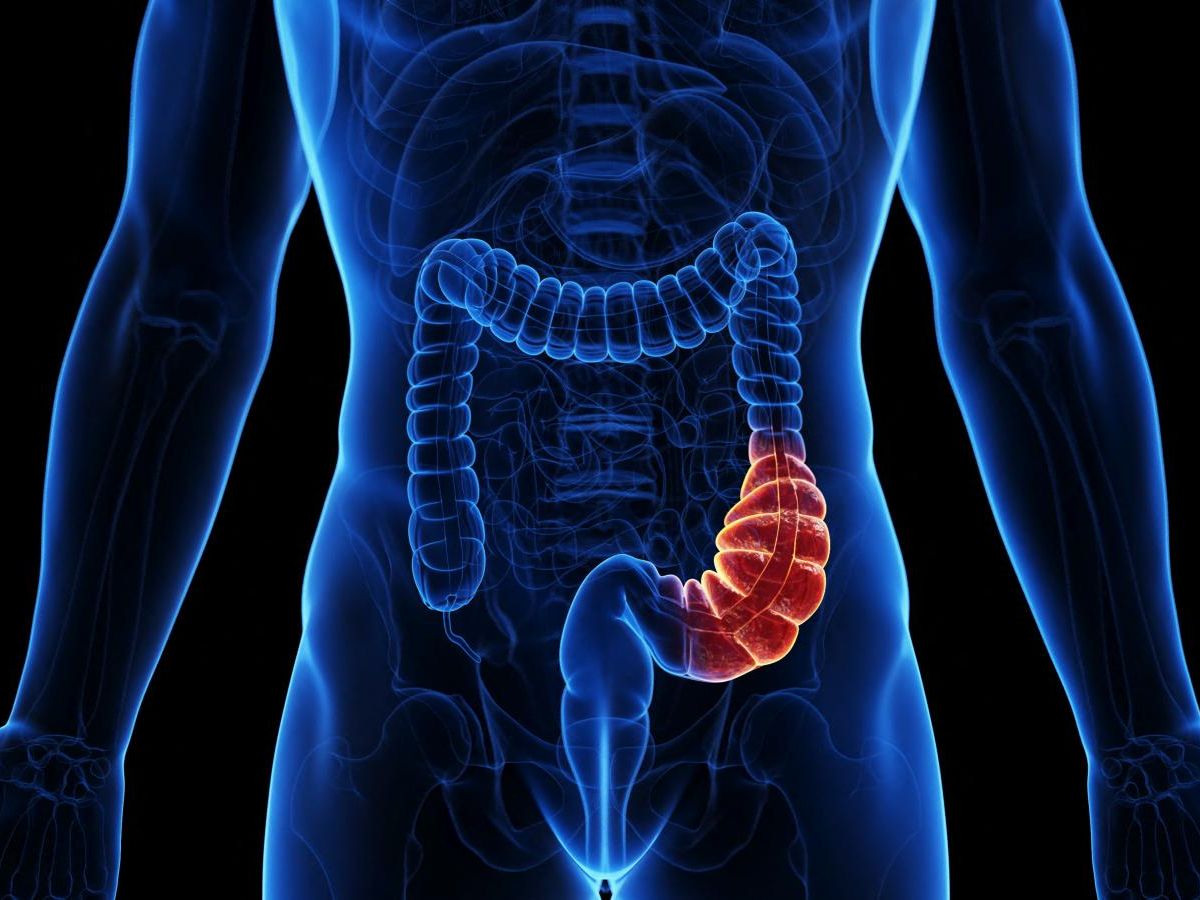Some health markers seem obvious, others are less so. This is the case for stool frequency, a health indicator that can be linked to the presence of diseases.
The diversity of the microbiota at stake
An observation had already been established, coming from different studies, one of which was published in the journal Nature In 2017:A high frequency of stools (i.e. more than three times per day) is linked to less diversity of microbiota in the intestine, intestinal inflammation and therefore poor health.
On the contrary, a low frequency of stools (less than three times per week) is linked to a greater diversity of the microbiota, risks due to microbes coming from urine which are toxic to the liver or kidneys and a greater risk of diseases. neurodegenerative diseases (such as Parkinson's disease, as demonstrated by a study published in the journal Nature in 2021) and kidney disease.
The link between constipation and chronic kidney disease (resulting in a reduction in the kidney's ability to filter the blood) has also already been established in another study published in 2020 in the journal OrganizationsS, showing that 71% dialysis patients suffering from this disease also had chronic constipation.
Read alsoWhy does your stool float or sink? Science finally knows why
A multitude of factors analyzed
In this new study, researchers from the Institute for Systems Biology in Seattle (United States) were interested in the influence that the frequency of stools could have on the state of health of patients.
They used data from a start-up called “Arivale” (closed since 2019) which collected analyzes such as intestinal microbiota or even blood tests for customers wishing to improve their health. They made a point of only taking samples from healthy people. For example, people who have already had cases of kidney disease in their family or people with irritable bowel syndrome were excluded from the experiment.
There are 3,955 people (aged 19 to 89, including 65.1 % women and 34.9 % men) who responded to a questionnaire on their lifestyle such as their diet and lifestyle. . These responses were analyzed with biological samples (such as the microbiota) from each person.
The volunteers had to fall into this classification:
- Constipation (when the number of stools was equal to or less than two per week),
- Normal (between three and six per week),
- Above normal (between one and three per day),
- Diarrhea (four or more per day).
By analyzing the microbiota using the 16s RNA sequencing technique for bacteria (read the box below), out of the 135 genera of bacteria found, 59 were associated with the frequency of stools.
L'16s RNA is an RNA that is highly conserved over time and present in all microorganisms. It is often used to establish phylogeny links (relationships).
Read alsoMicrobiota-intestine-brain: the intimate connection
Variations in stool frequency depending on gender and age
The finding validated the link between microbiota diversity and constipation. In addition, certain taxa – phylogenetic classification scale – were more present in constipated people such as Ruminiclostridium 9.
Another interesting data shows a different diet between the genders. Women do indeed tend to eat more vegetables and fruits, but contrary to what one might expect with a diet rich in fiber, they also have a greater risk of constipation and kidney disease. Men have a higher average stool frequency (or even diarrhea).
The consumption of fruits and vegetables seems important for our intestine, but not only: people with a healthy cholesterol level (read the box below) as well as low intestinal inflammation (reaction of the immune system in the intestinal wall which can cause pain or digestive problems) have this diet.
Another difference between the individuals questioned shows that diarrhea and high frequency of stools are more associated with a young age (less than 40 years).
THE is a lipid which constitutes the fatty matter of living beings. The level of lipids in the blood varies depending on each individual. A “normal” level is often less than 2 g/L.
Read alsoThe intestinal microbiota influences the risks and severity of HIV and EBV infections
Mental health also influences our bowel movements
The study also indicates that people reporting cases of depression or anxiety within their family are more prone to diarrhea. This suggests that mental illnesses of loved ones could influence the proper functioning of the transit.
Finally, an enrichment of uremic toxins (waste not eliminated by the kidneys accumulating in the tissues) of patients with low stool frequency has been noted. These toxins have been, by other studies, associated with a progression of kidney diseases (for example in a study published in the journal Kidney International Reports in 2019) or neurodegenerative diseases (published in the journal Plos One (In 2019)
This study shows that our state of health can influence our stool frequency, which can be used as a sensor of overall health. However, the study is self-critical on the sample of people analyzed. Indeed, the majority of analyzes were carried out on people defining themselves as white and female, a sample not representative of the entire population.
